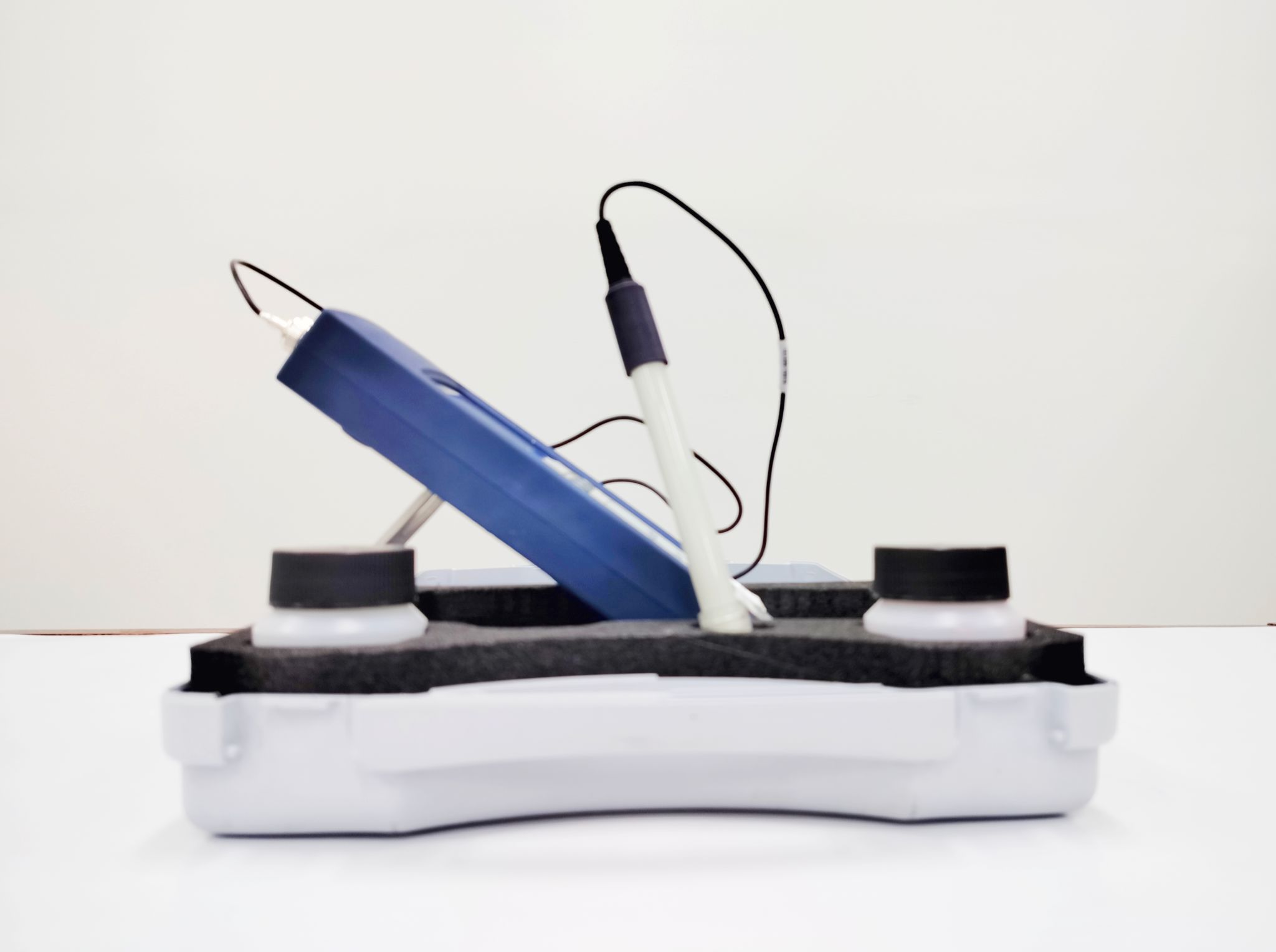Mobile Drug Testing vs. Traditional Methods: What’s Best for Your Company?
Understanding Mobile Drug Testing
In recent years, mobile drug testing has emerged as a popular alternative to traditional drug testing methods. This approach involves a testing unit traveling to the location of employees, providing convenience and efficiency for both employers and employees. Mobile drug testing can be particularly beneficial for companies with large workforces or those operating in remote locations.
The primary advantage of mobile drug testing is its ability to minimize downtime. Instead of employees traveling to a testing facility, the testing comes to them. This means businesses can maintain productivity while ensuring a drug-free workplace. Additionally, mobile units are often equipped with the latest technology, ensuring accurate and reliable results.

Traditional Drug Testing Methods
Traditional drug testing typically requires employees to visit an offsite facility. This method has been a staple in workplace drug testing for decades, offering a structured and controlled environment for sample collection. However, this approach can sometimes lead to logistical challenges, especially for businesses with tight schedules or those located far from testing facilities.
One of the main benefits of traditional methods is the established infrastructure and protocols that ensure consistent and standardized testing procedures. Many companies have long-standing relationships with laboratories that provide them with reliable services and results.
Comparing Costs and Convenience
When evaluating mobile versus traditional drug testing, cost is an important factor. Mobile testing may initially seem more expensive due to the logistics involved. However, when considering the time and productivity lost when employees travel to offsite locations, mobile testing can often be more cost-effective.
Convenience is another critical consideration. Mobile testing offers unparalleled convenience by eliminating travel time and reducing workplace disruption. Employees can complete their tests quickly and return to their duties, minimizing the impact on daily operations.

Accuracy and Reliability of Results
The accuracy of drug testing is paramount for any company aiming to maintain a safe and productive workplace. Both mobile and traditional methods utilize advanced technology to ensure precise results. However, mobile units often use state-of-the-art equipment due to their recent introduction into the market.
Moreover, mobile testing services usually employ certified professionals who adhere to strict standards, ensuring that the results are both accurate and legally defensible. Traditional methods also maintain high levels of accuracy with established protocols and experienced staff.
Choosing the Right Option for Your Company
Deciding between mobile and traditional drug testing methods depends on several factors, including company size, location, industry, and budget. For companies with large or dispersed workforces, mobile testing offers clear advantages in terms of flexibility and efficiency.
Conversely, companies with smaller teams or those located near a reliable testing facility might find traditional methods more suitable. Ultimately, the choice should align with your company's specific needs and goals.

Conclusion
Both mobile and traditional drug testing methods have their unique advantages and potential drawbacks. By carefully assessing your business requirements, you can select the best option that ensures a safe and productive work environment. Whether you prioritize convenience or established procedures, there's a solution that fits your company's needs.